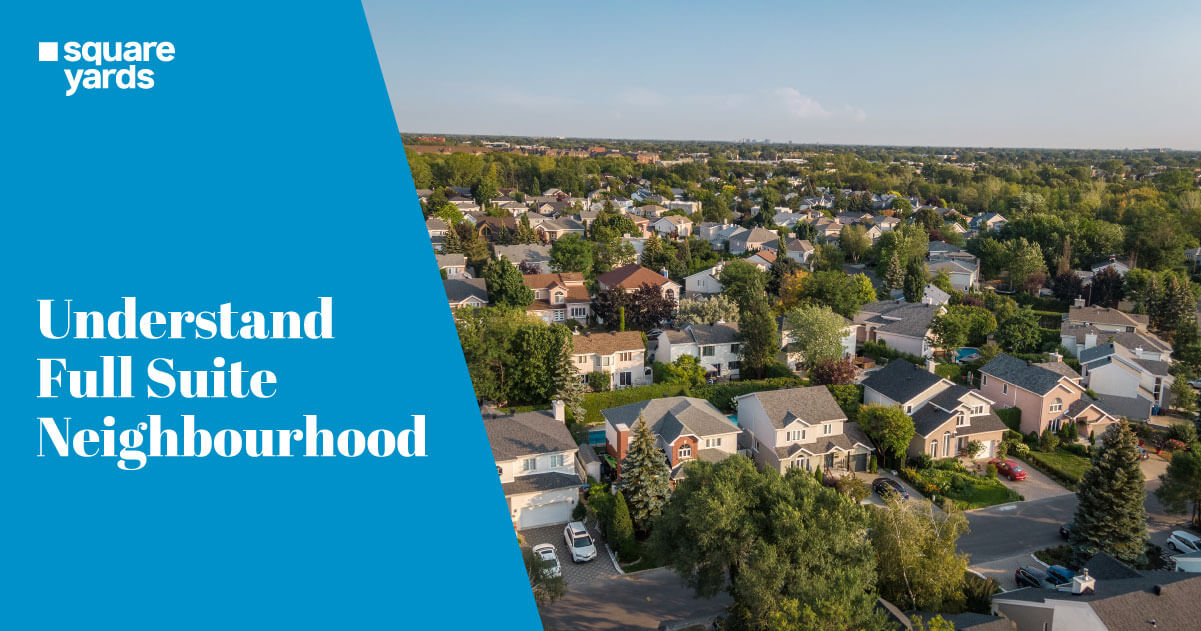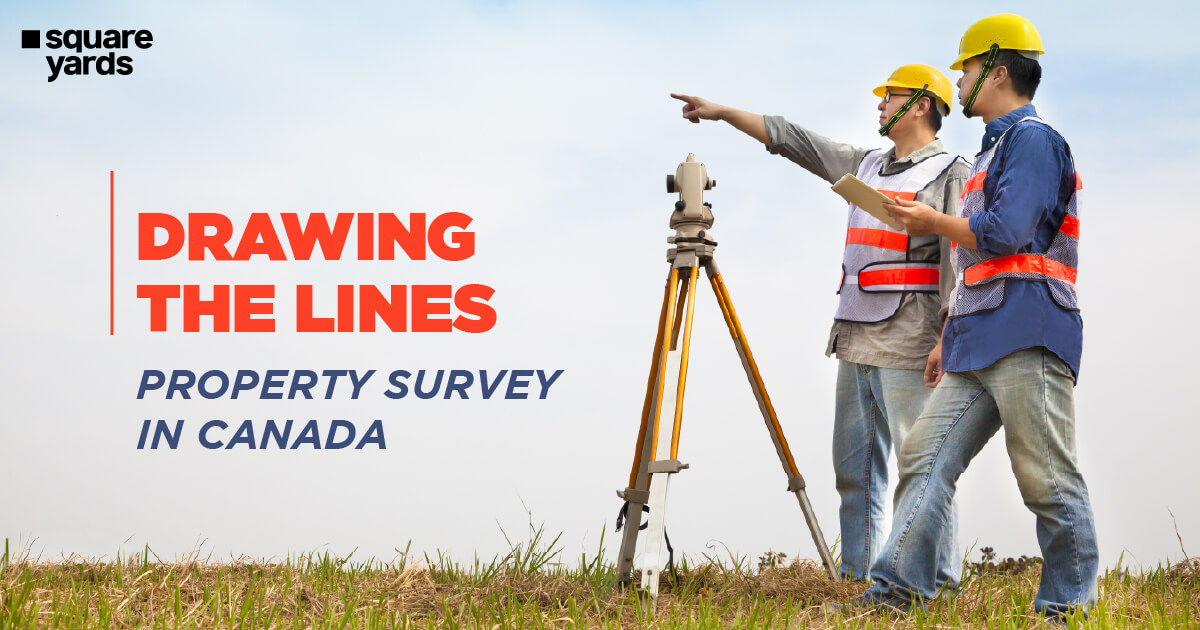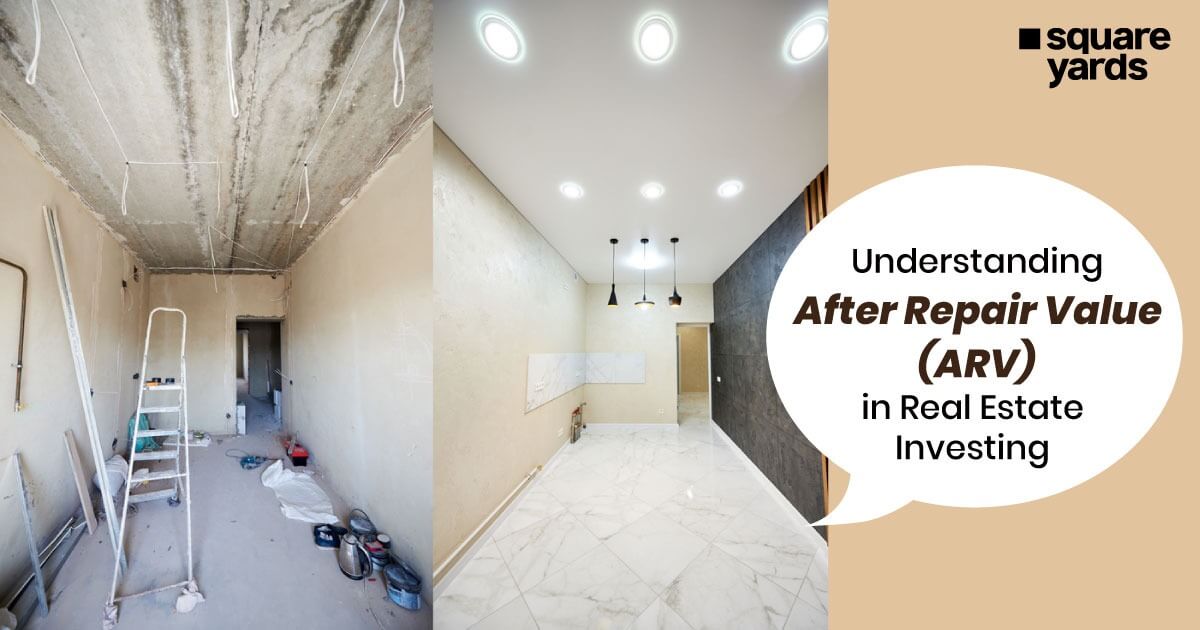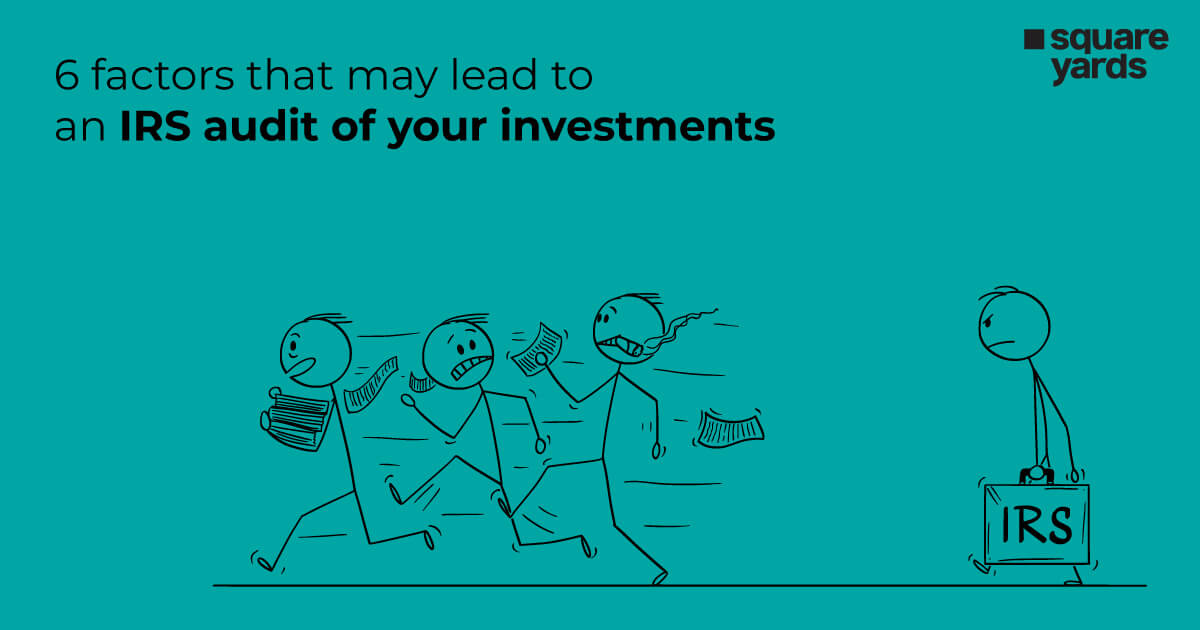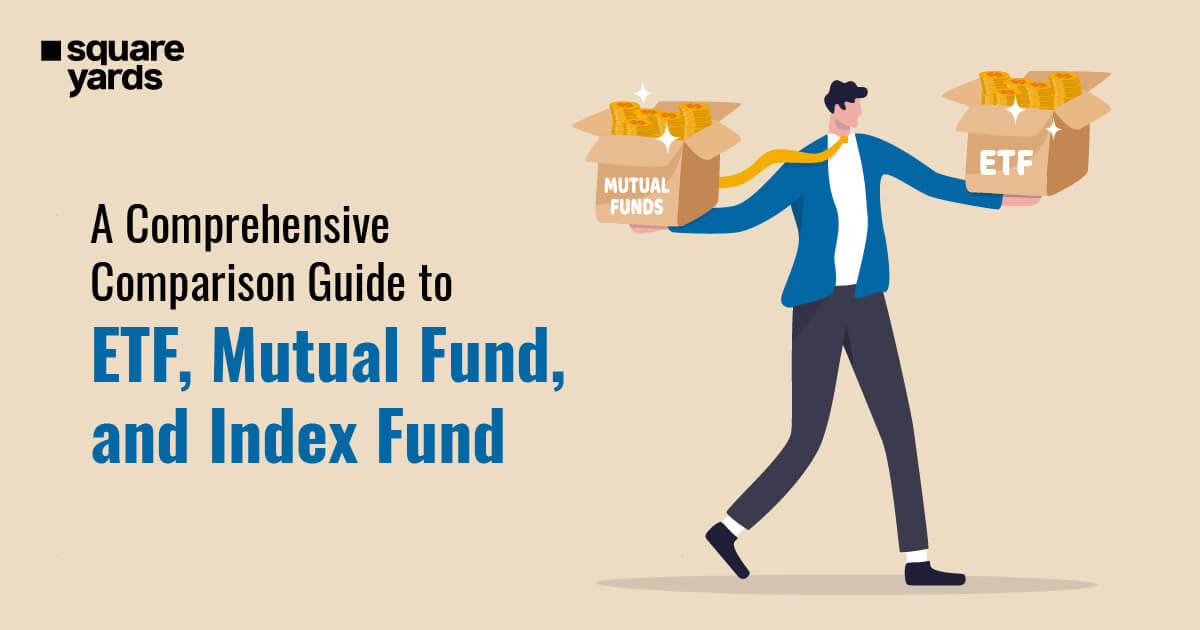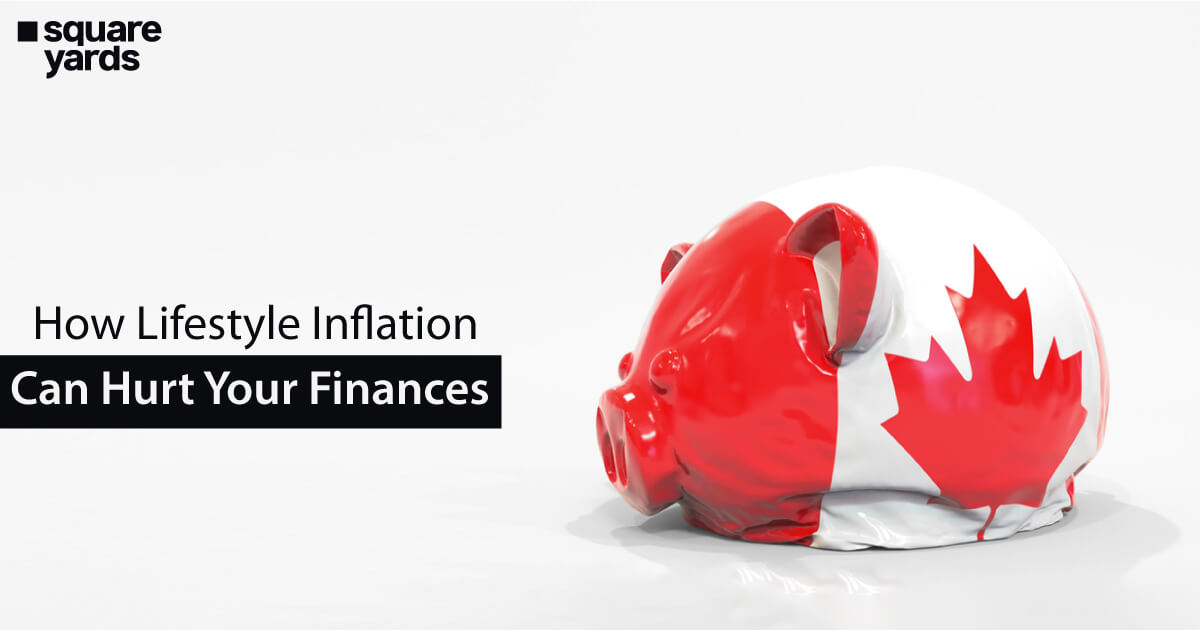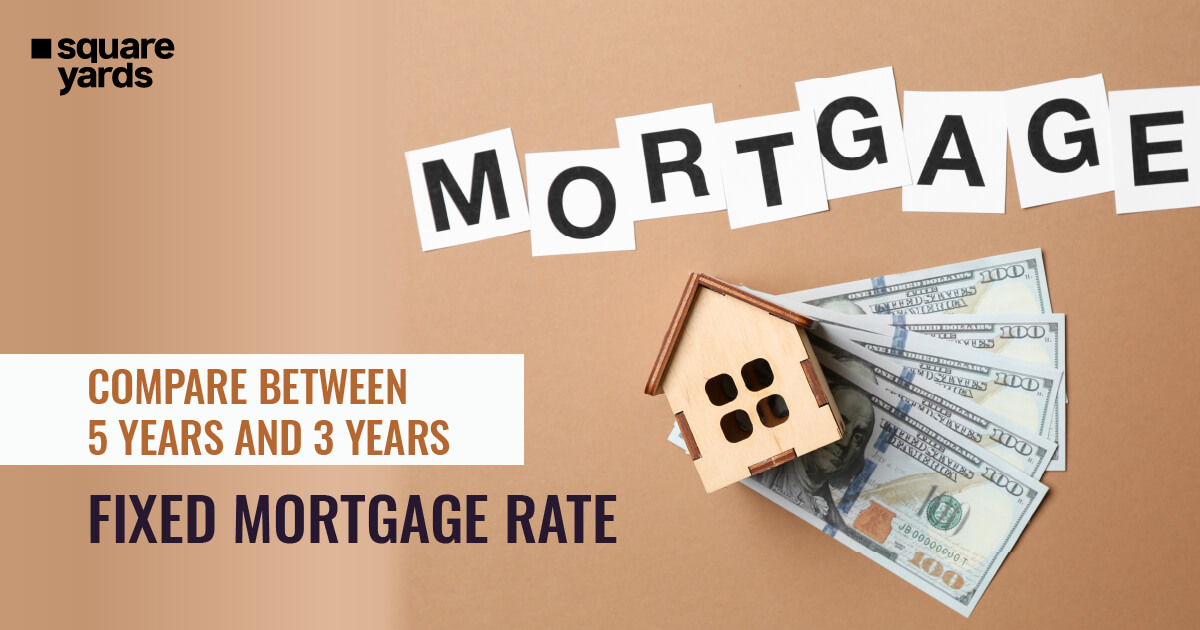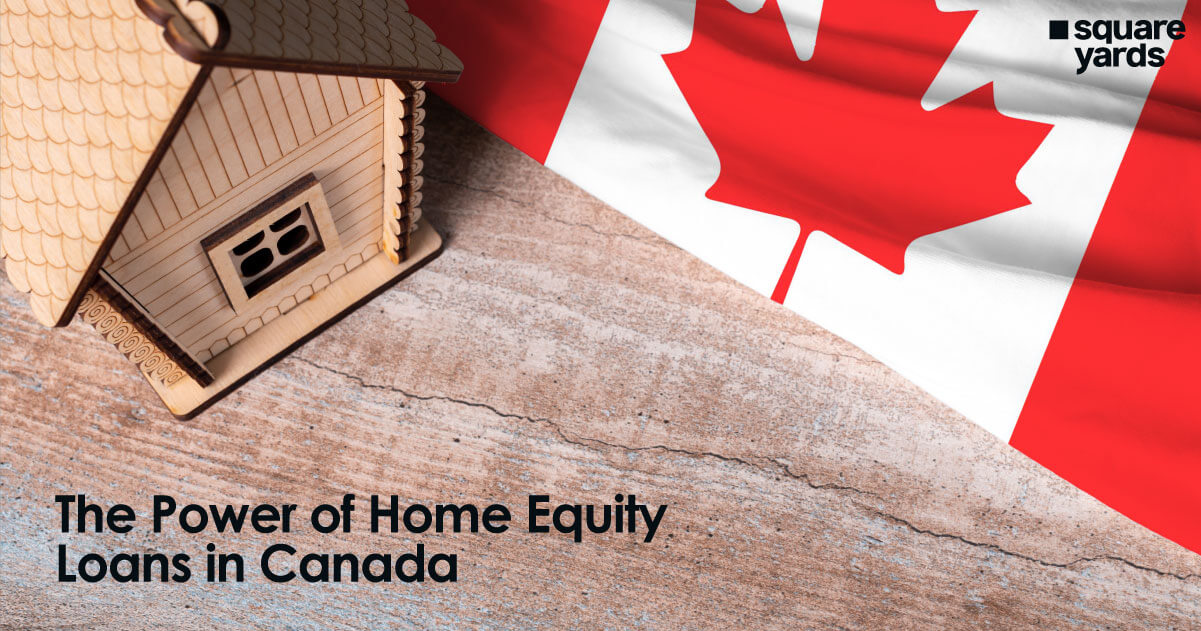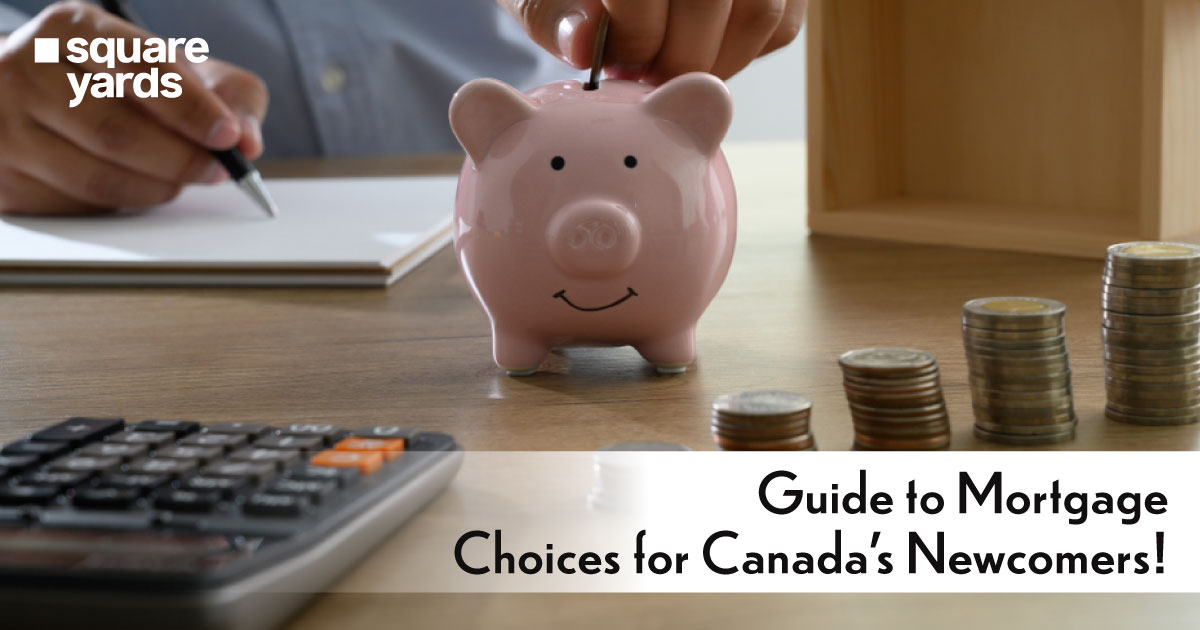So you’re considering taking the exciting leap and moving to Canada! While the thought of starting a new life in this beautiful and vibrant country can be exhilarating, it’s no secret that the process can also feel overwhelming at times. Especially when it comes to tackling the complexities of the housing market. Fear not! This guide will equip you with the knowledge you need to navigate the Canadian housing market as a foreign buyer, even with the recent changes implemented in 2023. With the recent implementation of the “Prohibition on the Purchase of Residential Property by Non-Canadians Act” in January 2023, the process of buying a house has become slightly more complex for foreign buyers. Don’t worry, though! This guide will break down everything you need to know about navigating the Canadian housing market as a foreign buyer.
The New Landscape
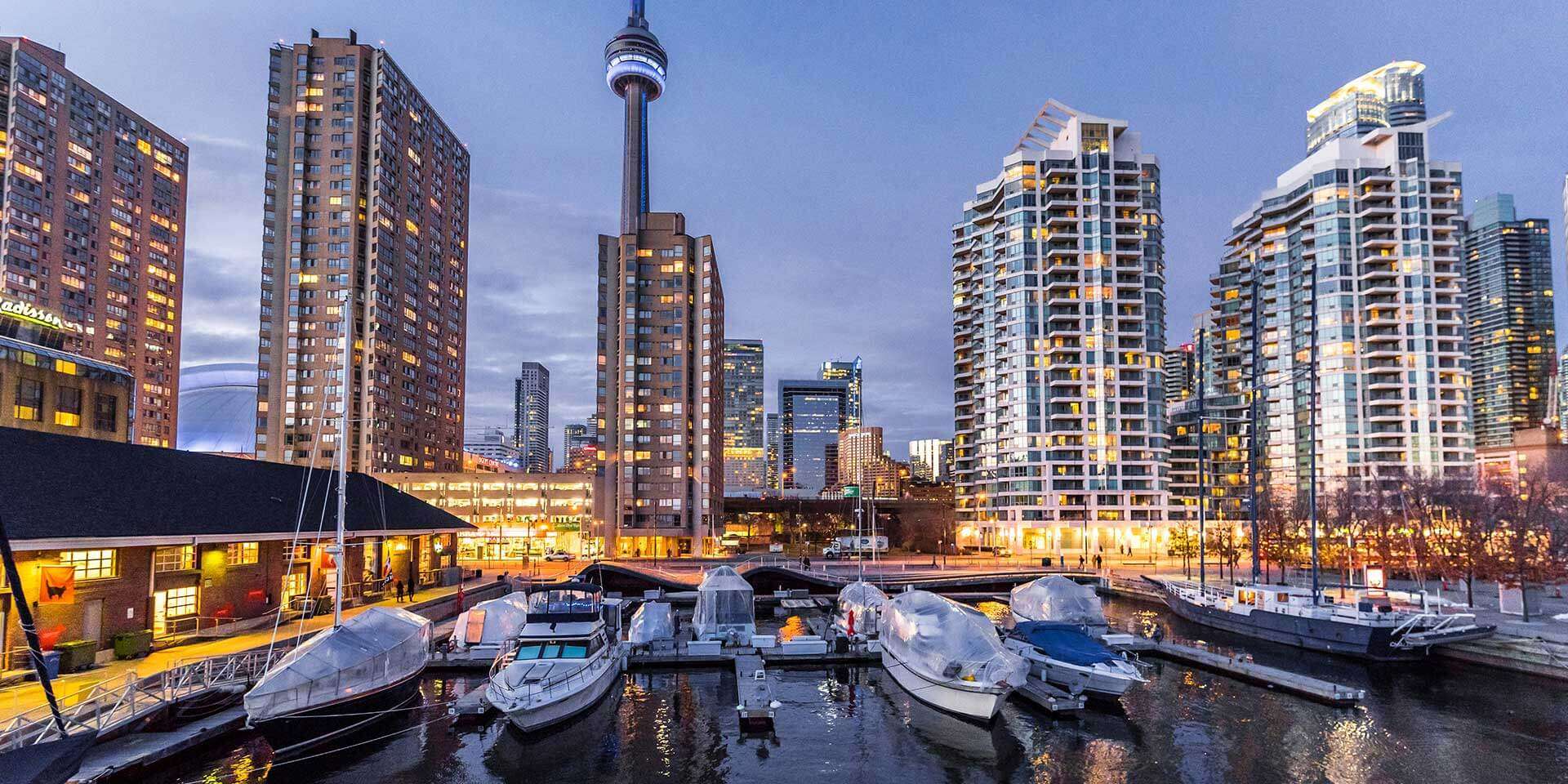
As of January 2023, the “Prohibition on the Purchase of Residential Property by Non-Canadians Act” has put a two-year ban on non-Canadians buying certain residential properties. This applies to dwellings with three units or less located within Census Metropolitan Areas (CMAs) and Census Agglomerations (CAs).
But don’t despair! You may be exempt from the ban if you’re in a specific situation. Here are some exceptions:
-
- Students: You can purchase a property for $500,000 or less if you meet specific criteria.
- Temporary residents: You’re eligible if you have a work permit valid for at least another 183 days.
- Fleeing an international crisis: Certain conditions apply, but you may still be able to purchase property.
- Non-Canadian spouses or common-law partners: As long as you buy with your Canadian partner.
- Buying outside CMAs/CAs: You can purchase a property outside designated areas.
- Properties with four or more units: The ban doesn’t apply to larger buildings.
- Vacant land: This option remains open for foreign buyers.
For a comprehensive list of exceptions and further details, check out the CMHC’s guidance on the foreign buyer ban.
Getting Started on Your Journey
Whether you’re exempt from the ban or planning to move after 2025, owning a home in Canada can be an exciting and fulfilling dream. However, it requires careful planning and preparation. Here’s how you can turn your vision into reality:
-
Research Early

Start your research well in advance, at least four to six months before your intended purchase. This allows you to:
-
- Explore specific areas: Research different neighbourhoods, cities, and provinces based on your preferences and lifestyle needs. Consider factors like access to amenities, transportation, community vibe, and proximity to work or family.
- Identify property types: Explore different housing options like detached houses, condominiums, townhouses, or rural properties. Understand the advantages and disadvantages of each type based on your budget, desired space, and living style.
- Get a grasp of the market: Analyse current trends in property prices, understand the factors influencing them, and get a sense of your potential purchasing power. This helps set realistic expectations and budget accordingly.
-
Find a Trustworthy Realtor
A knowledgeable and experienced realtor will be your invaluable partner throughout your journey. They can:
-
- Guide you through the process: They’ll explain the process of buying a house step-by-step, ensuring you understand your rights and obligations at each stage.
- Navigate the local market: They have in-depth knowledge of specific neighbourhoods, property values, and current market trends. This expertise helps you find the right property at a fair price.
- Negotiate on your behalf: Their negotiation skills can help you secure the best possible deal.
- Answer all your questions: They’ll be a reliable source of information and guidance throughout the process of buying a house, addressing your concerns and providing expert advice.
-
Explore Neighbourhoods

While your realtor can offer valuable insights, nothing beats immersing yourself in different areas:
-
- Visit neighbourhoods: Take time to walk through different neighbourhoods and get a feel for the community.
- Talk to residents: Interact with local residents to understand their living experiences and the community’s dynamics.
- Visit local amenities: Explore parks, schools, shops, restaurants, and other amenities and assess their accessibility from potential properties.
-
Get Pre-Approved for a Mortgage
Before actively searching for properties, getting pre-approved for a mortgage is crucial. This will:
-
- Determine your budget: Knowing your pre-approved loan amount allows you to narrow your search to properties within your financial reach.
- Make you a stronger buyer: A pre-approval demonstrates your financial commitment to sellers and strengthens your offer.
- Streamline the closing process: Having pre-approval simplifies the final stages of purchasing your home.
Navigating the Purchase
For those eligible to purchase before 2025, the path to homeownership in Canada unfolds with relative ease. Your trusted realtor will act as your guide and advocate throughout the process of buying a house in Canada, connecting you with a qualified mortgage broker and assisting you in finding your perfect home. Start your journey by exploring website listings and Canada’s official real estate platform. Use diverse search filters to refine your search based on your desired location, property type, budget, and preferred features. Attend open houses and schedule private showings to get a first hand feel for each property.
Actively engage with your realtor. Share your preferences, concerns, and budget limitations openly. Their expertise and local market knowledge will guide you towards properties that align with your financial reality. Once you find the home that speaks to your heart, your realtor will spearhead the negotiation process, ensuring you secure the best possible deal. They will walk you through the intricacies of making an offer, handling counteroffers, and negotiating contingencies. Throughout this process, clear and open communication with your realtor is paramount. The more you share your thoughts and concerns, the better they can represent your interests and ensure a smooth and successful transaction.
Alternatives for Ineligible Buyers
Even if you don’t fall under the exemption categories, your Canadian dream mustn’t be postponed. Renting can be a viable alternative if you’re still aiming to move to a Census Metropolitan Area (CMA) or Census Agglomeration (CA) before 2025. Resources like Squareyards.ca and other real estate websites can be your ally in this process. Utilise its comprehensive listings and search filters to compare rental prices, explore available options, and find a suitable dwelling that aligns with your budget and preferences.
Before embarking on your housing hunt, consider taking proactive steps to strengthen your position in the rental market. Building a solid Canadian credit history can significantly improve your chances of securing a desirable rental unit. Explore options like opening a Canadian bank account and applying for a credit card. Responsible usage and timely payments will gradually build your credit score, making you a more attractive candidate for landlords.
Remember, even if you’re not eligible to purchase now, your time in Canada can be a stepping stone towards your future homeownership goals. By actively building your credit history and familiarising yourself with the Canadian housing market, you’ll be well-equipped to navigate the process of buying a house when the time comes.
Planning for the Future
The housing market will offer broader opportunities for those whose Canadian journey begins after 2025. However, preparing now can give you a significant head start. Immerse yourself in market research, familiarise yourself with the process of buying a house, and begin connecting with local professionals. Start by delving into online resources like Canada.ca and real estate platforms to gain insights into the Canadian housing market. Learn about average prices, trends, and potential challenges in specific areas. Explore virtual tours of properties to gain a visual understanding of different housing options.
Connecting with a local realtor even before your move is highly beneficial. Their expertise can provide invaluable guidance as you navigate the market and prepare for your future purchase. Discuss your preferences, budget limitations, and desired timeline with your realtor. Their knowledge of the local landscape will be instrumental in helping you identify potential areas and properties that align with your vision. Attending virtual open houses and webinars hosted by Canadian real estate professionals can also be a great way to stay informed and engaged in the market. This proactive approach allows you to gather valuable information and build relationships with professionals who can assist you seamlessly upon your arrival in Canada.
While the wait until 2025 might feel long, active preparation will empower you to confidently navigate the Canadian housing market and make informed decisions. By investing time in research, connecting with professionals, and staying abreast of market trends, you can ensure a smooth and successful transition to owning your dream home in Canada.
Remember
Owning a home in Canada offers more than just property; it’s an investment in a vibrant community and a stable future. Remember, owning property does not affect your immigration or citizenship status, allowing you to explore this avenue without impacting your legal standing in the country. Be prepared for the financial requirements. Generally, a down payment of 35-50% of the purchase price is needed to secure a mortgage. However, various programs like the First-Time Home Buyer Incentive and the First Home Savings Account can help ease the initial financial burden.
Renting out your property can generate additional income, but remember, it’s taxable. Ensure you accurately declare and pay taxes on any rental income received. Canada welcomes you with open arms and diverse opportunities. By carefully planning your finances, researching your desired location, and partnering with a trusted realtor, you can navigate the Canadian housing market and unlock the doors to your dream home. Embrace the excitement, prepare diligently, and Canada will warmly welcome you and your aspirations.
You May Also Read :
|
Guide To Buy Homes As Is |
|
|
Know Pre Construction Properties |
|
|
How To Buy Now Pay Later in Canada |
|
|
All About Cash Home Buying |
Frequently Asked Questions (FAQs)
One can market houses internationally through various online and offline channels, including foreign real estate websites, social media advertising, and targeted email campaigns.
The foreign buyer policy in Canada is a set of regulations restricting non-Canadians from purchasing residential property in the country. This policy was implemented in January 2023 to address rising housing costs and ensure Canadians have access to affordable housing.
No, Canadian citizens do not pay the foreign buyers tax. The foreign buyers tax, also known as the non-resident speculation tax (NRST), is a tax levied on non-Canadian citizens and permanent residents who purchase residential property in certain provinces and territories in Canada.
While the foreign buyer ban in Canada restricts most non-citizens from purchasing residential properties, certain exceptions exist. These include spouses of citizens or permanent residents, diplomats, and temporary residents with valid work permits exceeding 183 days remaining on their permits. How can you market your house internationally?
What is the foreign buyer policy in Canada?
Do Canadian citizens pay foreign buyers tax?
What is the exception for Canada banning foreign home buyers?



